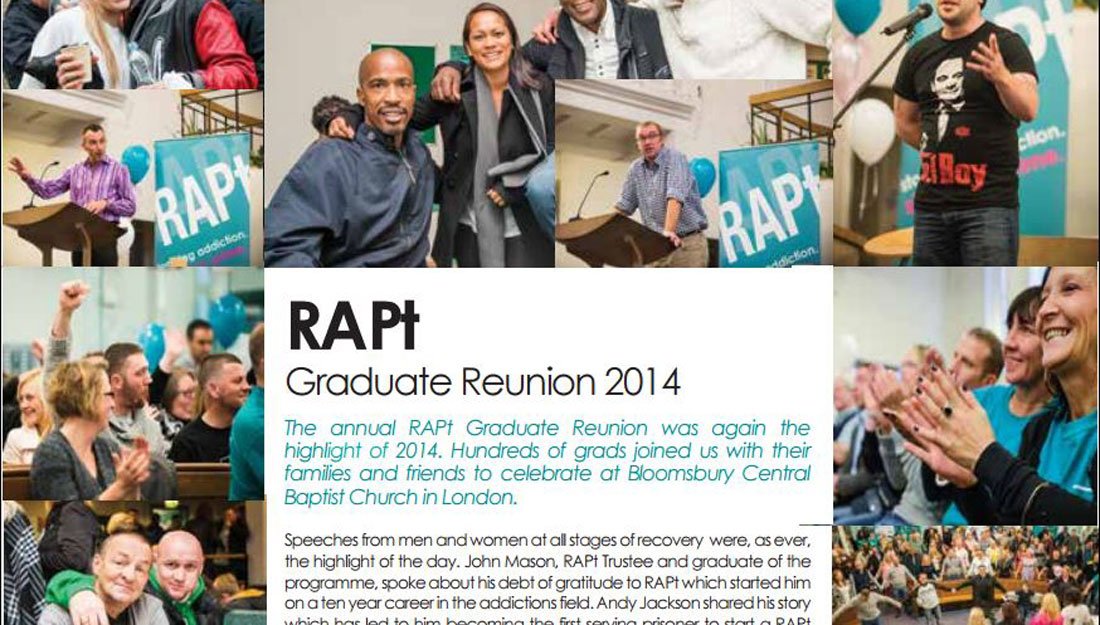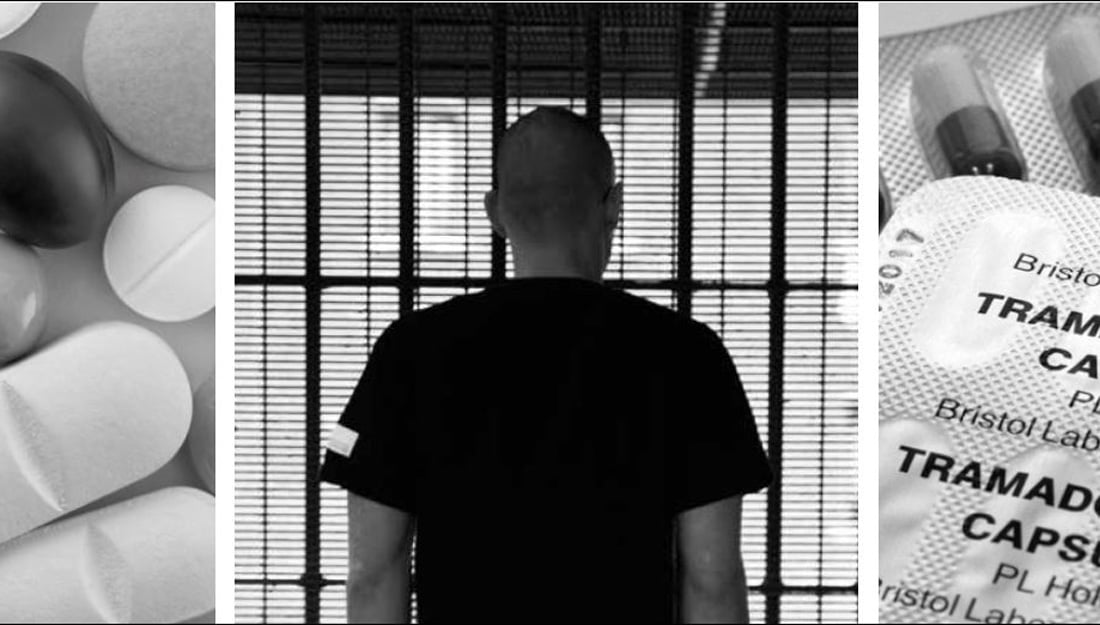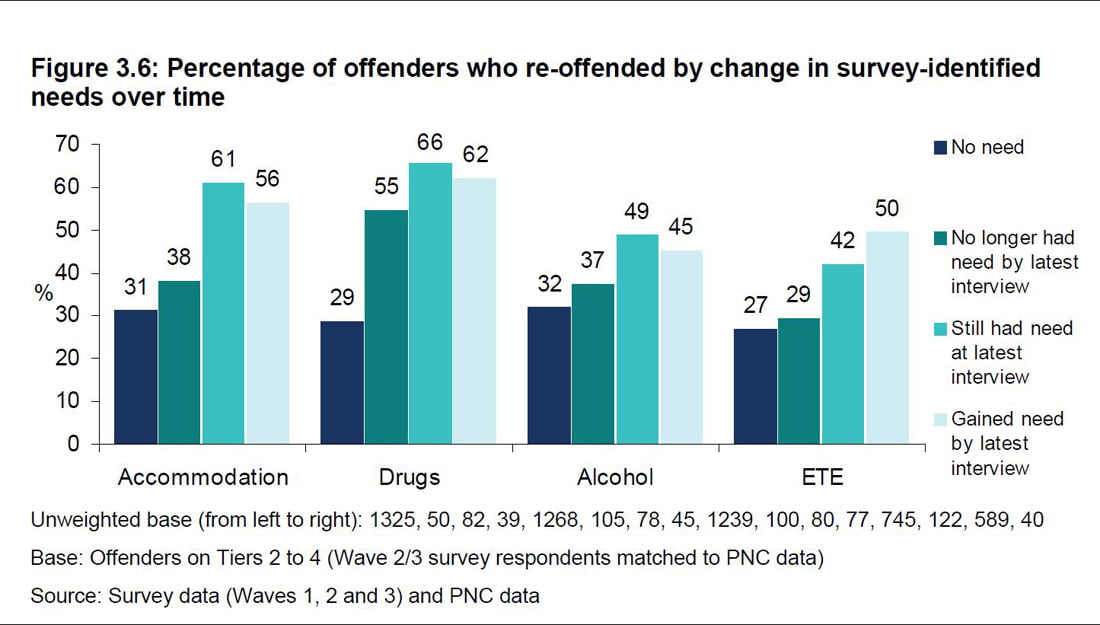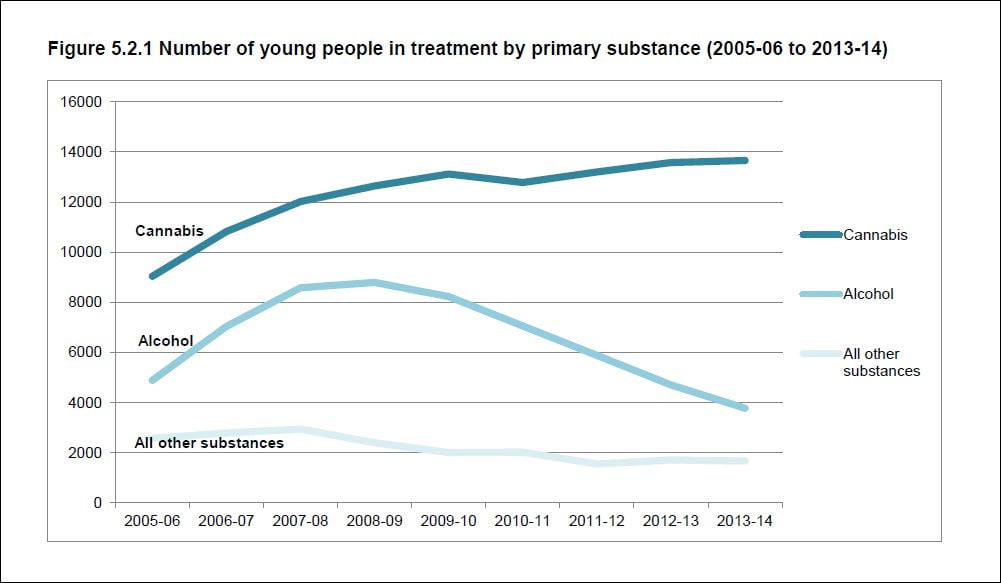
It’s all change in commissioning drug treatment
Many readers will have first hand experience of commissioners seeking to achieve economies of scale by integrating drug and alcohol treatment and moving to one contract for a local area with the aim of delivering a co-ordinated treatment system led by a single provider.











